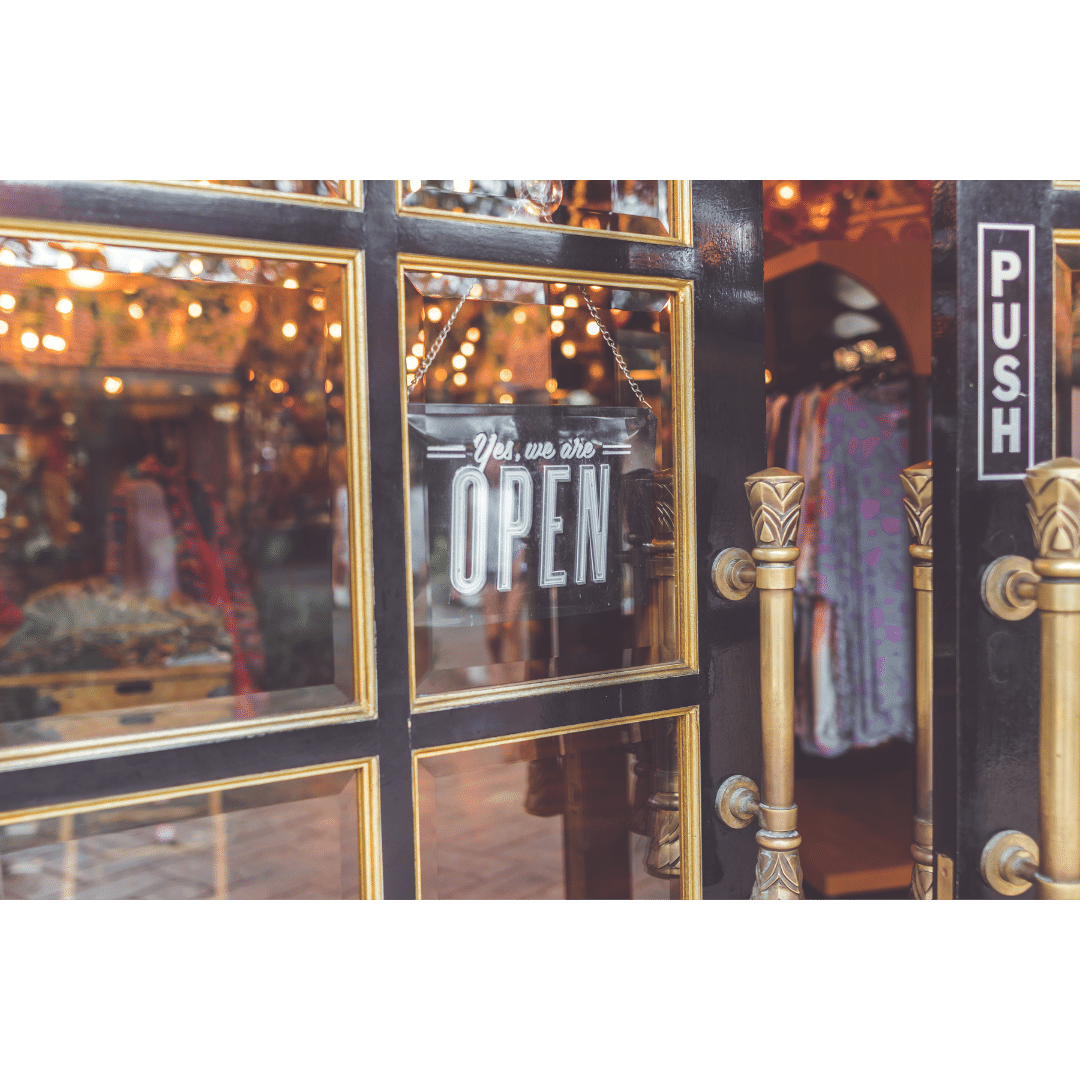If you apply for an Economic Injury Disaster Loan (EIDL) over $25K, the SBA will place a UCC-1 filing on your business assets. While this is common practice, it's critical to understand what that means and how it affects you. Here, we discuss what a UCC lien is, why the SBA files a UCC lien, and how it affects you as the borrower.
What Is A UCC Lien?
A Uniform Commercial Code (UCC) lien filing is an official claim to collateral that lenders file on the assets of loan applicants. A UCC lien filing legally enables a lender to sell the borrower's assets, should the borrower default on the loan. A lender can file a blanket UCC lien, meaning that they lay claim to all business assets, or a lender can lay claim to specific assets. While this may be a bit intimidating, This is common practice for business loans and personal loans.
When and How Are UCC Liens Filed?
If you are approved for a business loan that is secured by collateral, such as an EIDL loan over $25K, the lender will typically file a UCC lien right away. The lender will file a notice with your state's Secretary of State office notifying it of their interest in your assets. As soon as the lender files the UCC-1 Financing Statement and it is processed, the lien is officially in place.
UCC filings are public records. If you want to view any current liens on your assets, you can visit the Secretary of State's website for your state and look up your business. This is important to do after you pay off a loan, so you ensure that your lender removed the UCC filing. UCC filings are active for five years and lenders must renew their filings.
Why Does the SBA File a UCC Lien?
When you apply for an EIDL loan for any amount greater than $25K, the SBA files a UCC lien on your business assets. The SBA wants to ensure the EIDL loan will be paid in the event you default on your loan. This means that whatever is under the UCC lien, the SBA can access it should you default on the loan. For example, if your business owns a building and you default on your EIDL loan, the SBA can sell the building to repay the loan.
If your business has a mortgage, the SBA will generally take the junior position, or secondary lien position. If you default on your loans, the mortgage lender will be paid off first and the SBA will be paid off second.
What Can the SBA Place a UCC Filing On?
The SBA (and any lender) can place a UCC lien on a vast array of items. Normally, your most valuable asset will be the first to have a lien placed on it. Regarding the EIDL program, any business requesting a loan over $500K that has real estate, the real estate will have a UCC lien filed on it. The SBA has stated numerous times that you can still apply for an EIDL loan up to $2 million even if you do not have business real estate.
If your business does not have business real estate, the SBA can file a UCC lien on other business items. If your business owns any equipment, machinery, tools, vehicles, physical products, or other physical inventory, the SBA can generally place a UCC lien on those items as well. The SBA has stated numerous times that personal assets will not be included as collateral.
Why Does It Matter If the SBA Files a UCC Lien?
First, it is critical to be aware of the fact that if you default on your EIDL loan, anything under the UCC filing will be sold to pay off your EIDL loan. For this reason, it's crucial to understand what the SBA includes in their UCC filing. They can file a blanket lien (includes everything your business owns) or a lien on specific items.
Secondly, the UCC filing will appear on your business credit report, which could turn away future lenders. If you need to apply for another loan in the future, the secondary lender may be hesitant because they will be in the "junior" lien position. This means that if you default on your loan, the SBA will be paid off before them. Some lenders do not want to assume the junior position unless the value of your assets is enough to cover your EIDL loan and the second loan as well.
How Can You Get Personalized Help With EIDL?
Do you have more questions about UCC liens or other EIDL questions– including reconsideration, other collateral requirements, or how to get approved? Get ongoing personalized funding help from our team. There are over 4,000 on our waiting list, but you can skip the wait list completely with this invite link.
Also, by joining Skip Premium, you will gain access to our new business dashboard which has an EIDL progress tracker, EIDL community approval data that displays the current approval breakdown of our users in real-time, your overall funding progress, business tips, and more. Join Skip Premium today and get 1-1 EIDL support.

